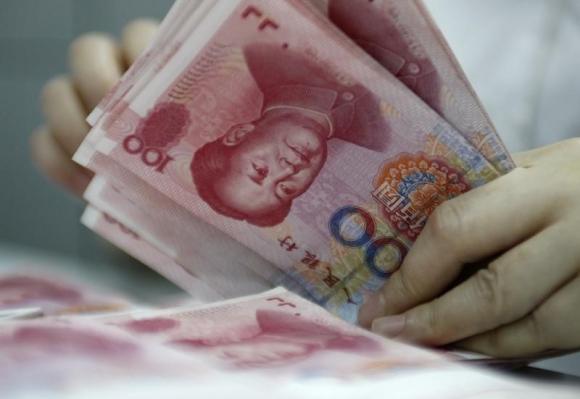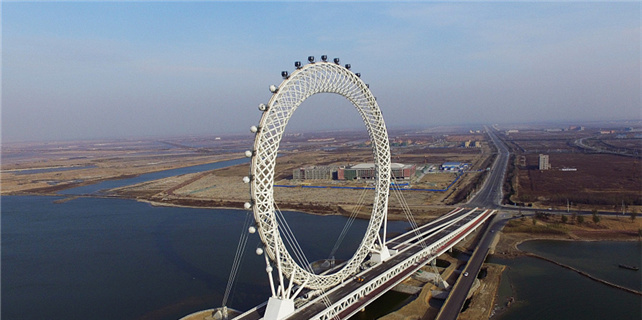New guidelines for outbound investment soon
 |
|
An employee counts yuan banknotes at a bank in Huaibei, Anhui province June 22, 2010. [Photo/Agencies] |
China will introduce a "code of conduct" for outbound investment to provide better guidance on risks to companies investing overseas, after efforts to curb irrational investment have started to take effect, people familiar with the matter said.
"The code of conduct," which is yet to be released to the public, will guide enterprises' outbound investment and help them better identify risks in foreign countries, a government source said, without elaborating on when the document will be released.
The document is part of China's broader efforts to improve the regulations on outbound investments.
China's overseas investments witnessed high-speed growth in the past several years and have played a pivotal role in supporting the global economic recovery, according to a report released by the National Development and Reform Commission, the nation's top economic regulator, on Thursday.
But due to a lack of sufficient awareness of local risks, some investments made out of blind optimism have led to misunderstandings in the destination countries, the report said.
The government will enhance cooperation with foreign countries on building a legal framework and help enterprises identify risks, thereby improving the quality of investment, the report said.
China will provide more conveniences and further streamline registration procedures to investment projects that are neither sensitive nor restrictive, according to the report.
The government has removed some administrative hurdles, like the necessity to get prior approval for enterprises investing more than $300 million. Such firms only need to register with the NDRC, according to the latest guidelines.
The defence sector and industries that the government considers as irrational have been added to the sensitive category, which means investment in those sectors will undergo more government scrutiny and need the prior approval of the commission for investment in foreign countries, according to the guideline.
Irrational investments have been curbed after the government took measures to control buying sprees since late last year, data from the Ministry of Commerce showed.
Yan Yuejin, senior researcher with E-house China R&D Institute, said the government has no incentive to close the doors for enterprises if the submitted documents show that money will be used properly.
"The overall trend is that the government will sustain its path to further opening-up, with key focus on promoting the development of the Belt and Road Initiative," said Ivan Chung, associate managing director at global ratings agency Moody's.









